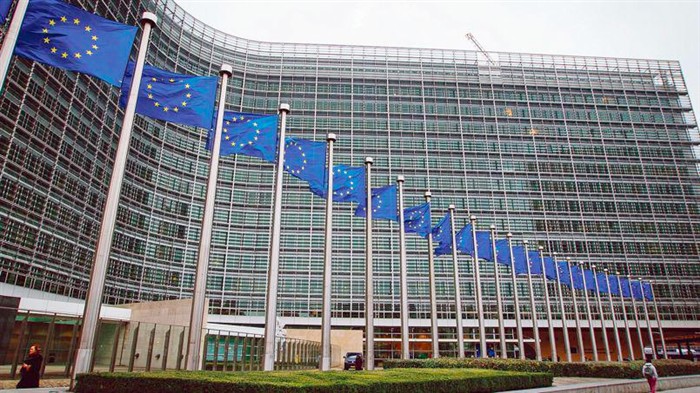Email Provider Complains To EU Over Reduced Google Rankings

Germany’s Tuta Mail says Google broke EU’s new DMA rules with March algorithm update that caused site visits to drop 90 percent
A German encrypted email service has complained to the European Commission that it stopped appearing prominently in many Google searches on the day that new EU rules affecting tech giants kicked in.
Tuta Mail says it is the second-largest encrypted email service in the world with more than 10 million users.
But the company said an update to Google’s algorithm in March, which took effect on the same day as the new Digital Markets Act (DMA), has all but eliminated it from the results for searches such as “encrypted email”.
The DMA designates the biggest tech providers as “gatekeepers” with added responsibilities, including that they must refrain from promoting their own services – such as Google’s Gmail – over those of competitors.

Formal complaint
Google said Tuta remains “easiy accessible” via its search engine.
In its formal complaint to the Commission’s DMA task force, Tuta said Google’s algorithm change caused monthly visits to Tuta’s website to drop by nearly 90 percent.
“At the beginning of March 2024 Google suddenly stopped displaying our website for thousands of keywords, limiting search traffic to our site in large part to so-called ‘branded traffic’ only,” Tuta stated in the complaint.
Following the change the site received traffic only from searches containing the company’s name or those of its products, Tuta said.
“Google in its role as a gatekeeper is impacting the profits and marketability of our private email service Tuta Mail – a direct competitor to Google’s Gmail, which goes against the Digital Markets Act,” Tuta wrote.
‘Easily accessible’
“Google must stop this unfair limitation of showing our website in search results immediately,” said Tuta Mail co-founder Matthias Pfau.
The Commission last month opened investigations into Apple, Google and Facebook parent Meta Platforms over potential DMA breaches, with Google’s case including a focus on whether search results discriminate against third-party services.
Google updated its algorithm in early March and warned at the time that this would cause more fluctuations in rankings than usual.
“Search ranking updates absolutely do not aim to preference Google products, or any other particular website. The email provider in question is easily accessible globally on Search,” a Google spokesperson said.
“We appreciate the feedback and will look into how we can ensure Search continues to return the most helpful, relevant results.”